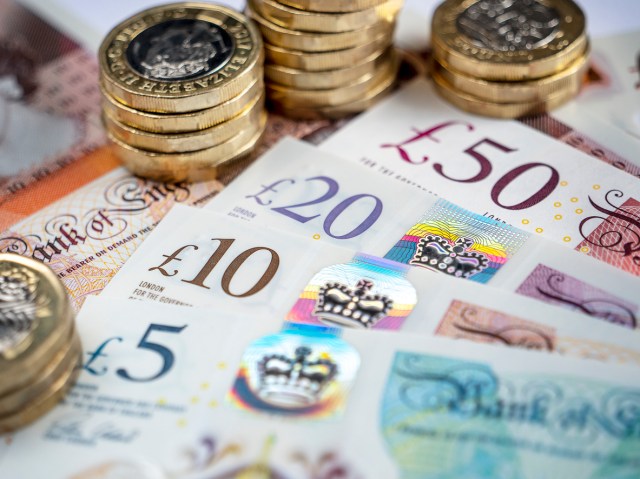Tips for building a stronger relationship
We’ve all had those days when all we seem to do is moan at each other for the little chores that are left undone – the rubbish that needs taking out, the dirty dishes left in the sink. It’s so easy to fall into that trap but it can really undermine your relationship. Leading energy medicine expert Donna Eden and psychologist David Feinstein suggest that by regularly stating genuine appreciation for each other, you can really strengthen your relationship. In the following extract taken from their new book The Energies of Love, they show you how genuine gratitude can shore up a relationship:
Expressing gratitude and appreciation is valuable any time, but if you do it in a structured manner, attending to this vital need to say and to hear what is positive, it won’t get lost in the busyness of your lives. You can do it as a ‘volley’, giving your partner three ‘I appreciate . . .’ statements, or you can alternate, one of you making the statement, then the other. Receive the appreciation with a ‘thank you’ or other positive acknowledgment.
We invite you to experiment with creating regular, dedicated time together to do this. Making structured appreciations a regular practice trains you to keep yourself attuned for what you truly appreciate about one another in a way that helps the love between you to blossom. A note on protocol: While there is no rule against using the same statement more than once, and some qualities or acts deserve to be acknowledged many times, you will find it embarrassing if the best you can come up with week after week is ‘I appreciate the tennis racket you gave me for Christmas three years ago.’ Attuning yourself during the week so you notice what is worthy of your appreciation can quickly upgrade the quality of the energy that flows between you.
Sometimes appreciations that come out of a structured exercise fall flat. You just can’t quite find the words or the focus or the passion to ring your partner’s bells with your appreciation statements. You can instead ask your partner to role-play being you and to state the appreciations he or she would like to hear you say. It is often astounding not only how well he or she can do it, but how, in doing so, your own capacity for empathy gets a boost. In fact, this is a powerful technique in many situations. If your partner is not giving you the response you long for, simply pretending you are your partner and saying your own name and then what you would wish to hear can sometimes clue your partner right into giving you what you are wanting. Usually it is not that your partner doesn’t want to tell you what you want to hear but that he or she doesn’t have any idea about what that is.








